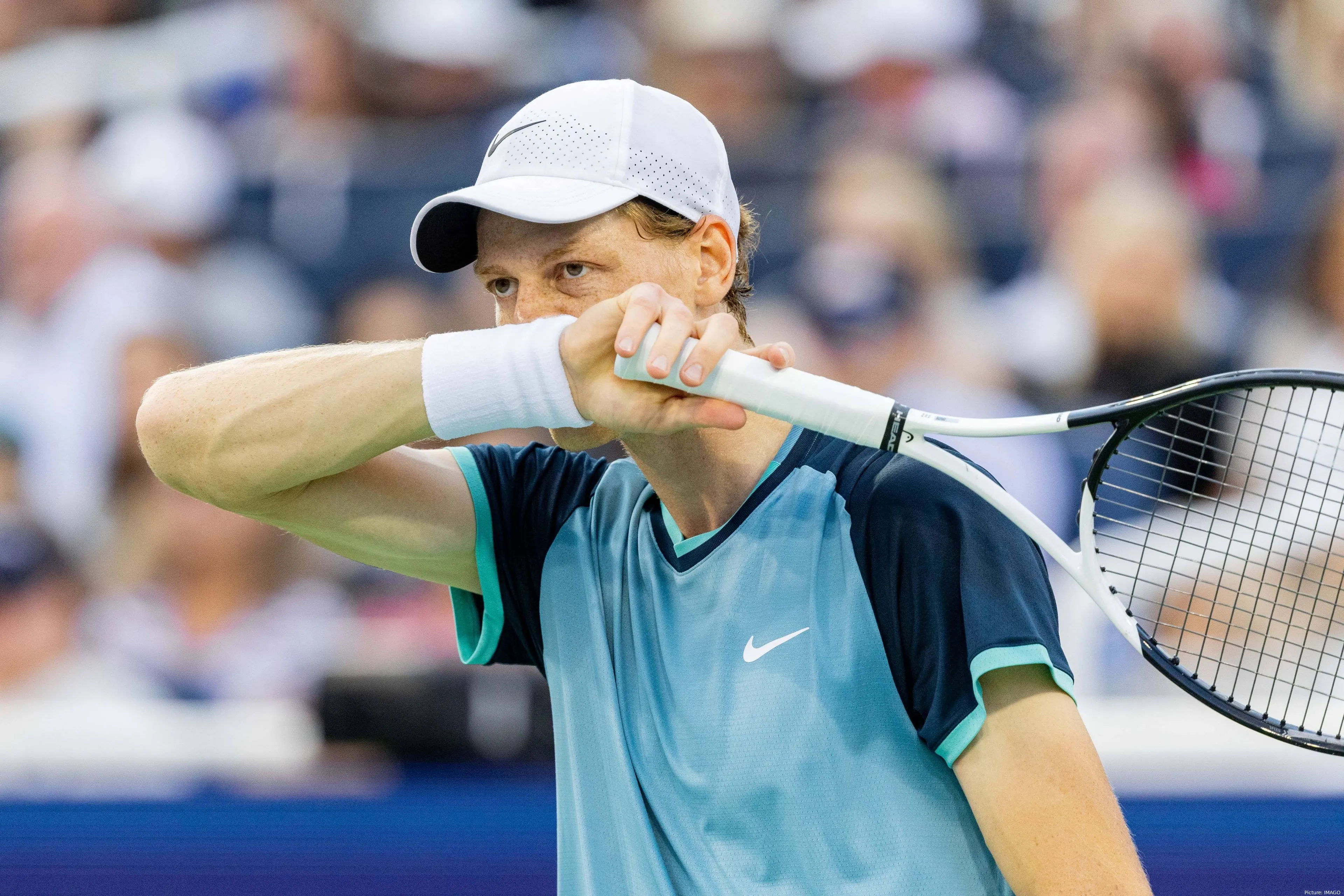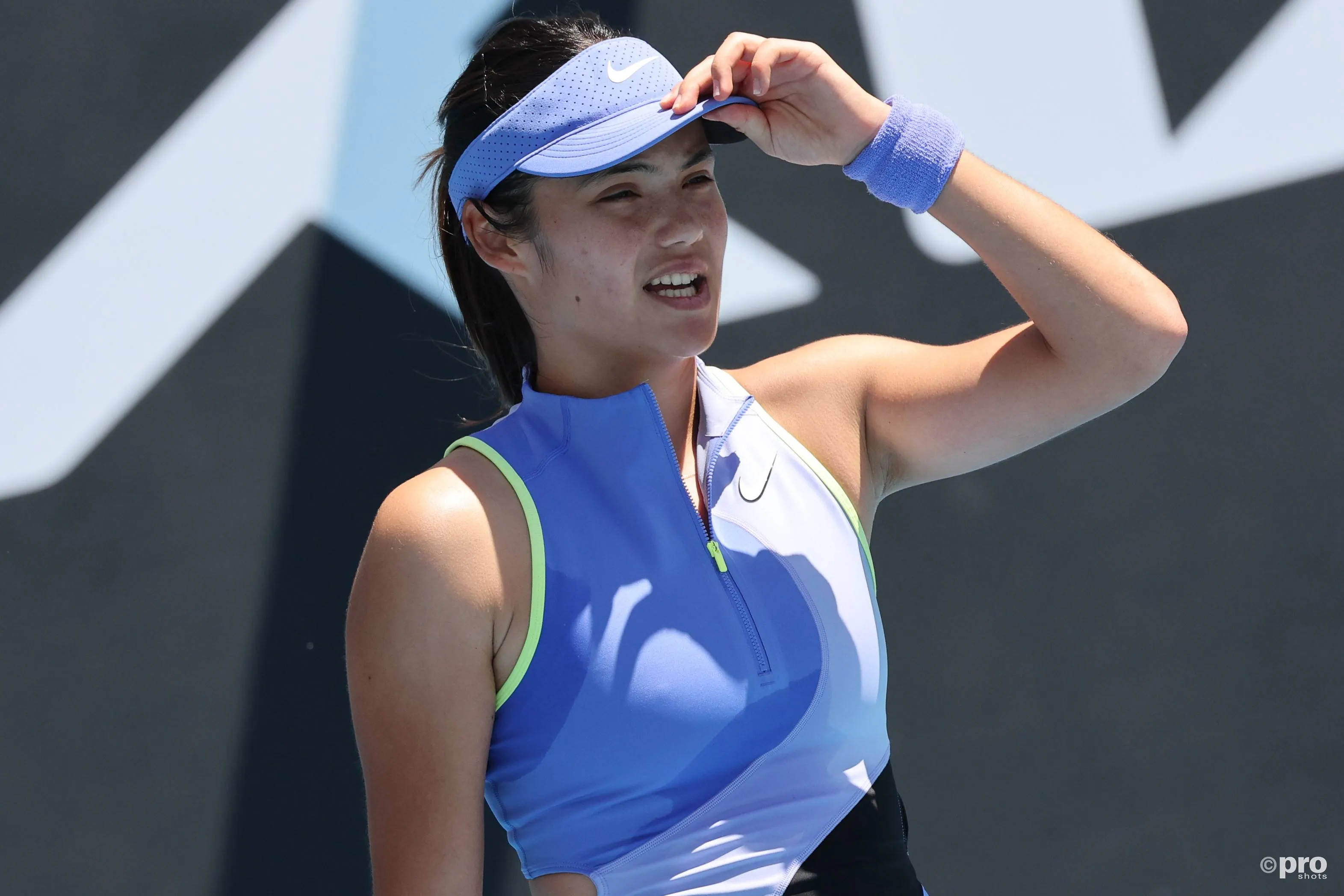“The application of the rules does not correspond to the case law”: WADA director provides details on the appeal against Jannik Sinner.
ATPSaturday, 14 December 2024 at 17:24

Jannik
Sinner's doping case remains unresolved as the World Anti-Doping Agency (WADA)
awaits the result of its appeal. Director Olivier Niggli discussed the key
element in this phase of the process while waiting for a new ruling.
The World
No. 1 tested positive twice for clostebol in March during Indian Wells. Sinner
appealed and avoided a provisional suspension, and later, the International
Tennis Integrity Agency (ITIA) ruled that he had committed "no fault or
negligence."
WADA targets Sinner's team responsibility
Sinner was
exposed to clostebol due to the actions of a team member. His physiotherapist
treated cuts on his hands with a skin cream containing clostebol shortly before
massaging Sinner. Allegedly, the lack of gloves and small cuts on Sinner's legs
led to clostebol entering his body.
Read also
It was,
however, a minuscule amount that reportedly did not affect his performance. The
23-year-old tennis star disclosed the situation in August, shortly before
starting his US Open campaign. While it seemed Sinner could put the issue
behind him, WADA announced in October that it would appeal to the Court of
Arbitration for Sport (CAS), seeking a suspension of one to two years.
For now,
there will be no ruling until 2025, and Sinner is confirmed to compete in the
Australian Open. However, CAS is expected to deliver a new resolution in the
coming months. In recent remarks to AFP, WADA’s director general Olivier Niggli
stated that their aim is not to prove Sinner’s "guilt" but rather to
address the level of responsibility he must assume for his team’s decisions.
Read also
"Our
position is that there is still a responsibility of the athlete in relation to
his entourage. So it is this legal point that will be debated (before
CAS)," Niggli told AFP. "We do not dispute the fact that it could
have been a contamination. But we believe that the application of the rules
does not correspond to the case law."
Niggli also
emphasized the importance of protecting athletes in such cases, particularly
their reputations. "Personally, I think that protecting an athlete’s
reputation should be our first concern. We live in a world where social media
is what it is, and this means a reputation can go up in smoke in a very, very
short time."
claps 0visitors 0
Just In
Popular News
Latest Comments
- A certain sponsor-laden British girl could use his mental help.
- Causing a serious player to lose her spot is unfair and unwanted. Pathetic is all one can say anymore.
- Big talk coming from someone who can barely roll herself out of bed each day.
- In all fairness, people should stop lifting Emma up so high on their imaginary pedestals. There is no shame in being a Top 30 or Top 25 player; Masters wins or not. On the other hand, Emma cannot keep a coach and/or trainer. Instead she offers what seems like psychobabble reasoning/excuses for each firing in her team. Place the hype and pretense on the shelf. If she is competitive from time to time sponsors are likely to hang-in there with Emma. But enough is enough in the 'make her what she is not' department.
- Bencic must not feel comfrotable playing a male opponent?
- Even if they play the best 3 out of 5, the current women tennis players lack skills. They hit more balls off the court than on. It is disheartening to watch. Unlike the ATP, there is no solid top 10 in women tennis. It has been spiraling downward since after the Williams sisters, Henin, etc. era. That is when women tennis was at its best. Right now, it is unwatchable.
- Rybakina is nowhere near a better player than Sabalenka. When was the last time before this year Australian Open has Rybakina made to the end of a Slam? The majority of the time she is knocked out in the early rounds.
- Stay focused on tennis Sabalenka. I do not understand why the Ukrainian players are worrying about a war, everyone else is paying for but them. Zelensky is playing the world like a fiddle, while fattening his pockets.
- THOSE UKRAINIANS NEEDS TO BE THROWN OFF TOUR. AND THE ONLY THING THE FANS WANTS THEM TO DO IS TO GO OUT THERE AND PLAY GOOD TENNIS SO THAT THEY CAN GET THEIR MONEY'S WORTH. SOMETHING THE WOMEN TENNIS HASN'T PRODUCE IN A LONG TIME. THEY DO NOT CARE ABOUT ANY WAR. BECAUSE IF THAT IS THE CASE, NO ONE WILL SHAKE HANDS. ESPECIALLY WITH AMERICANS.
- Maybe she can steal points and trophies from the College Circuit?
Loading








